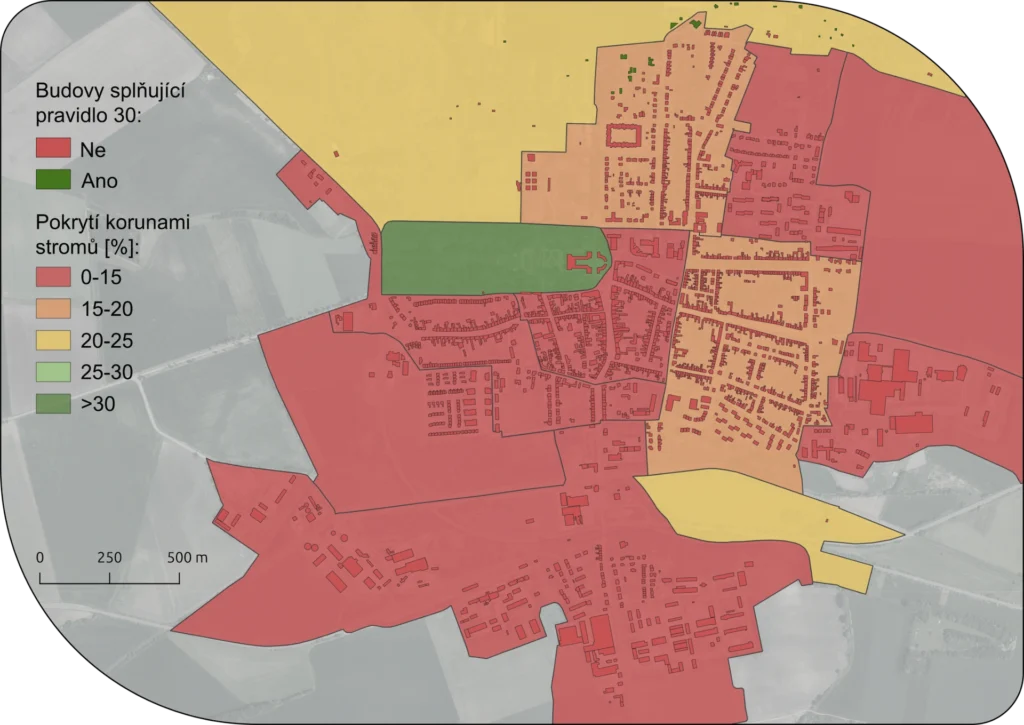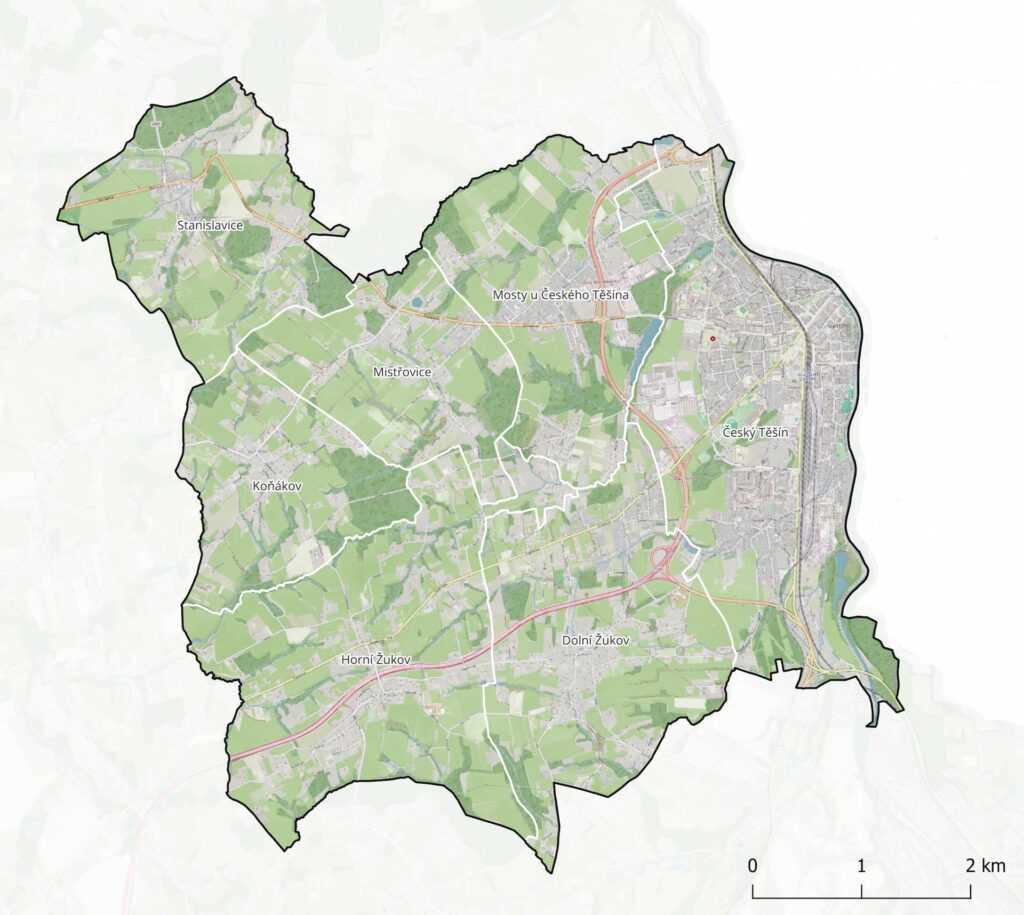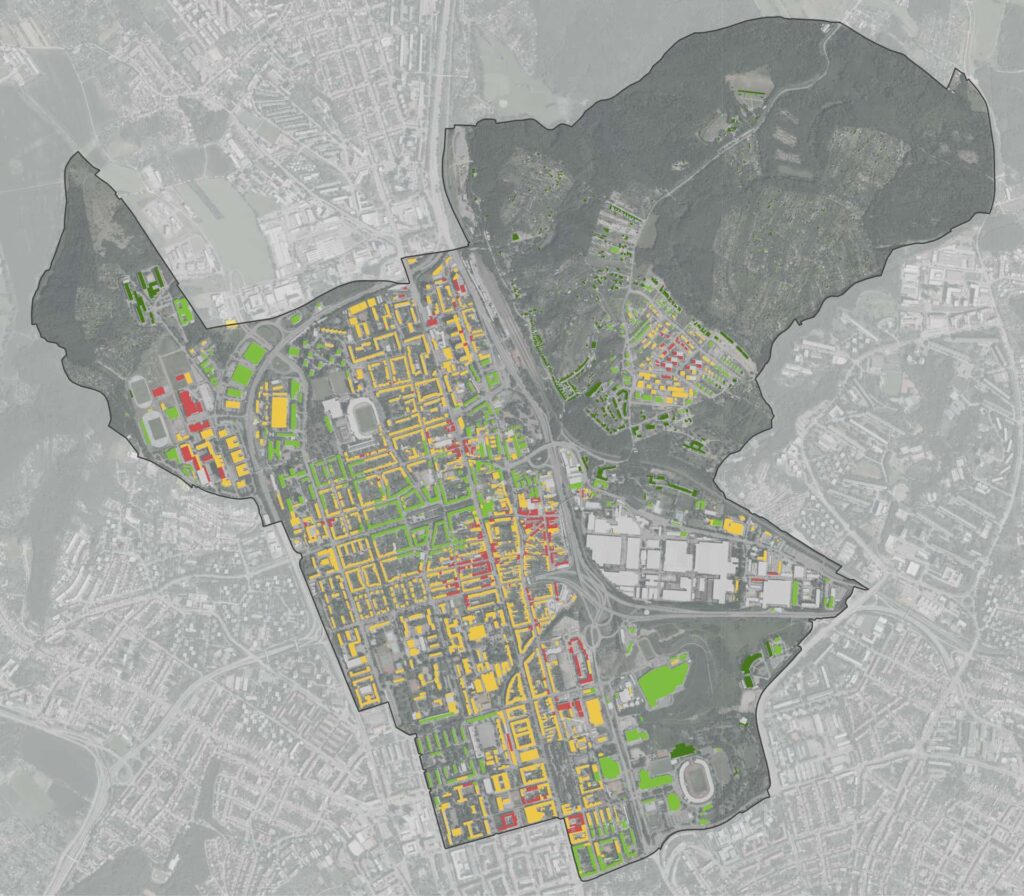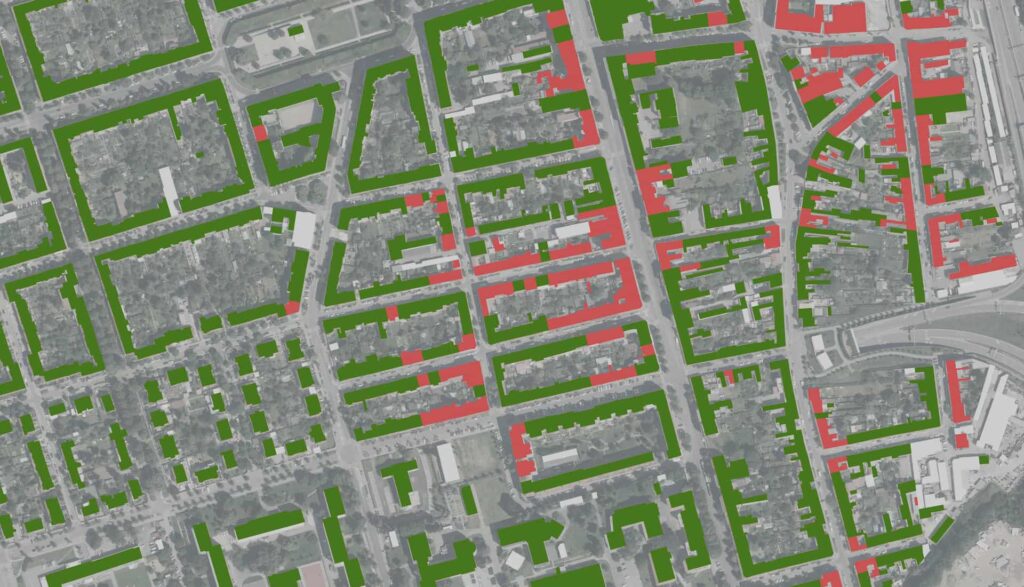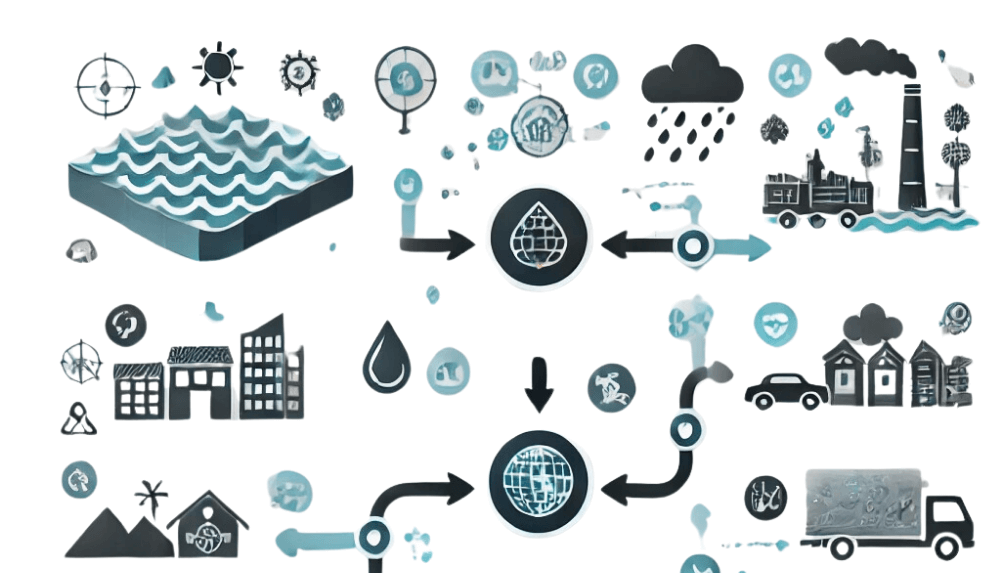DNSH (Do No Significant Harm) is a principle that ensures projects funded by European Union funds do not have a significant negative impact on the environment. This principle is crucial for achieving the goals of the European Green Deal and encompasses several key areas that must be considered when implementing projects.
Areas covered by DNSH (EU Taxonomy)
- Climate change mitigation: projects must contribute to reducing greenhouse gas emissions to help meet the goals of the Paris Agreement. This includes, for example, investing in renewable energy, increasing energy efficiency and promoting low-emission transport.
- Adaptation to climate change: Projects must be designed to be resilient to the impacts of climate change, such as extreme weather events, rising sea levels and changes in water availability. This may include measures to improve water management or flood protection.
- Sustainable use and protection of water and marine resources: Projects must not adversely affect water quality or threaten water-dependent ecosystems. This includes, for example, measures to reduce water pollution and protect water resources.
- Transition to a circular economy: Promoting the recycling and reuse of materials, minimising waste and encouraging environmentally friendly production processes. Projects should also promote the use of recycled materials as raw materials.
- Pollution prevention and control: Projects must include measures to reduce air, water and soil pollution, while promoting good quality waste management.
- Protection and restoration of biodiversity and ecosystems: Projects must not adversely affect protected species and their habitats. It is important to protect nature reserves and promote the restoration of degraded ecosystems.
DNSH implementation
Implementation of the DNSH principle is mandatory for all projects applying for EU funding. Projects must undergo a thorough assessment that includes environmental impacts and compliance with the DNSH objectives. When applying for funding, documentation must be provided to demonstrate that the project meets all the requirements of the principle
The DNSH principle is defined in the 2020 EU Regulation.










